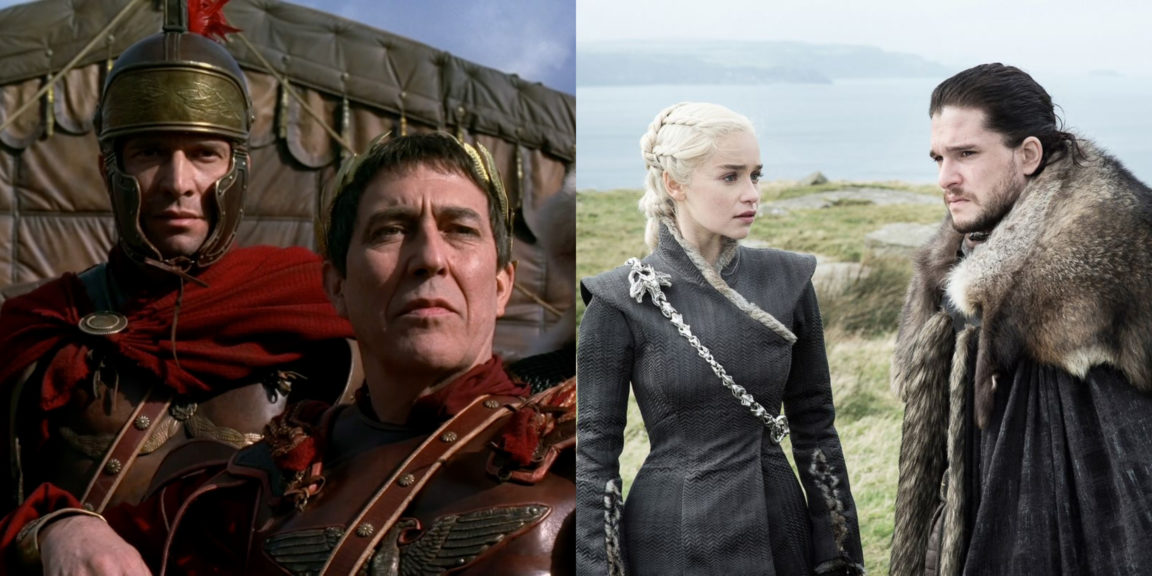It’s hard to think of a TV series that’s had the immense popularity and cultural impact as Game of Thrones. The amount of anticipation for its upcoming final season is matched only by that of Avengers: Endgame. But long before fans become enamored by watching noble houses fight over the Iron Throne, there was another HBO series that tested the waters and gave them the experience and confidence to make such a lavish and epic production. It wouldn’t be a stretch to say that without HBO’s Rome, they never would have produced Game of Thrones.
Introduction to Epic Storytelling
Back in 2005, HBO (along with BBC) embarked on the paramount task of bringing the world of Ancient Rome to life. It was certainly a time and place that had been covered rather frequently in film and television before, but here they set out to portray the most detailed and accurate depiction of that society they could, and they did so will brilliant perfection. The sets were decorated with the utmost attention to detail and even the background extras performed various tasks in the correct way that Ancient Romans would have; everything from butchery, to blacksmithing, to glassblowing.

Given the subject matter and the players involved, it was really cool to see larger than life historical figures come to life, complete with Shakespearean dialogue and betrayals. Watching Rome, we got to see Julius Caesar in his prime, fighting the Gallic Wars, and triumphing over Pompey Magnus and the Senate in his great civil war. And of course, no depiction of Caesar would be complete without showing his unfortunate assassination, something the series handled with complexity and drama. Much like its spiritual successor Game of Thrones, Rome had no real heroes or villains, rather three dimensional people each with their own competing motivations.
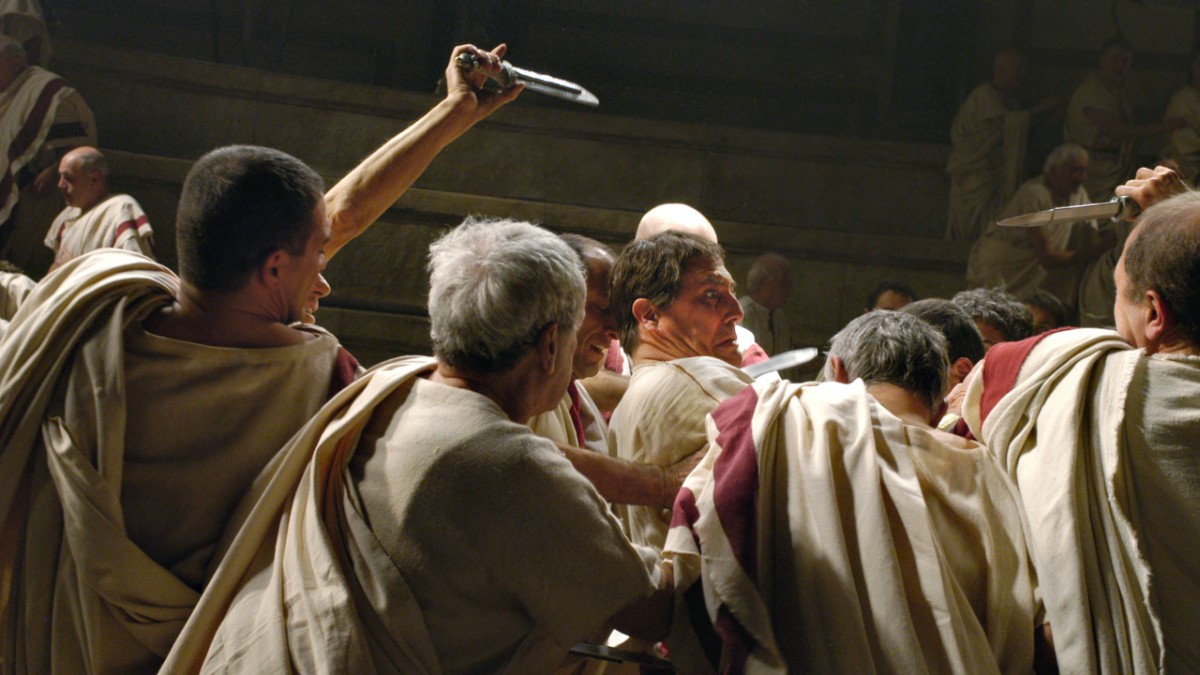
The Fall of Rome
Ultimately however, it was Rome’s own epic and over the top scale which led to its downfall. At the time, it was the most expensive series HBO or BBC had ever produced, with the first season alone costing roughly $100 million. And while the series was popular in its time (2005-2007), it wasn’t yielding nearly a high enough return to keep it on the air very long. HBO decided that the second season would be the last, which explained why it had two fewer episodes and the storyline seemed completely rushed. The entire Octavian vs. Marc Antony plot (which should have had its own season) was hastily handled in just the last few episodes.
It’s a shame because Rome had so much more material and potential. One subplot from the second season involved King Herod of Judea, and there was talk about having a season set in Jerusalem and deal with the early days of Christianity, which would have been really intriguing. But this was completely abandoned when HBO knew they couldn’t afford a third season. The series simply didn’t catch on the same way that Game of Thrones would later. But it did prepare HBO for producing a series of that magnitude. It gave the network the confidence and experience so that three years later, they could launch the most popular series on TV.
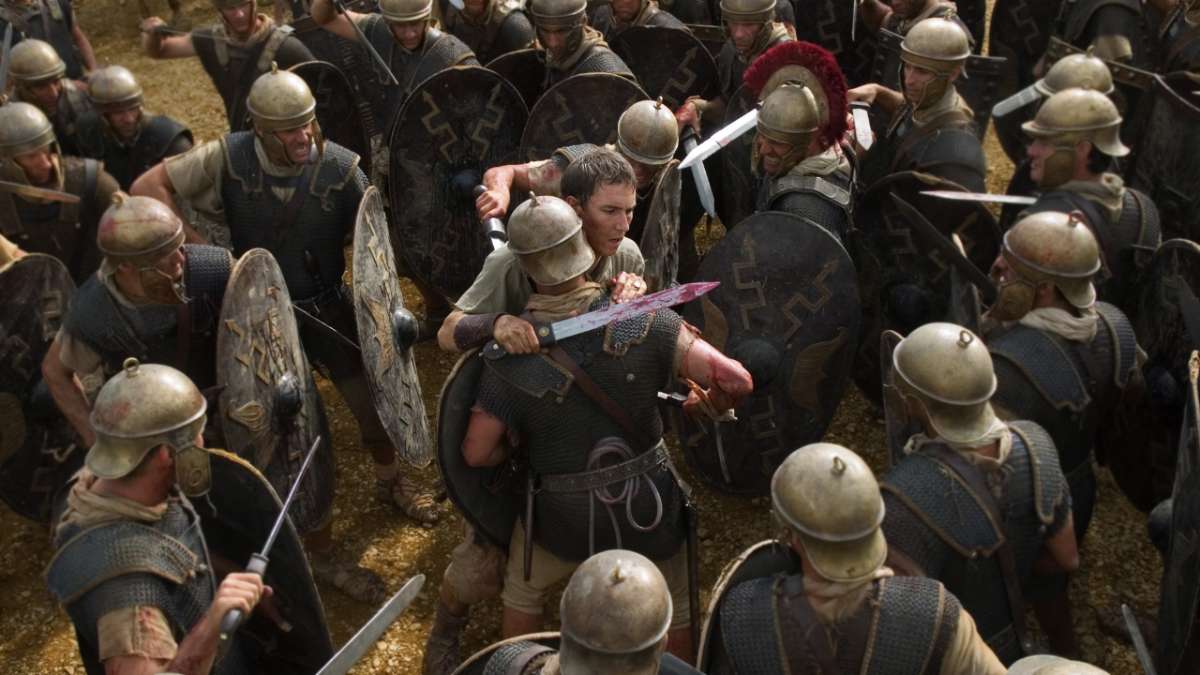
The Rise of Westeros
In the aftermath of Rome’s short-lived tenure, HBO would launch their most ambitious story yet. Just a few seasons in, and Game of Thrones became a cultural phenomenon. Despite each season costing just as much as Rome (if not more), it managed to attain a much higher level of success. A large part of this is that fans seemed to have connected more with the characters of Westeros. While many of George R.R. Martin’s storylines are based on history, he was able to pick and choose the most compelling and fascinating ones to construct into one flowing plot. Unfortunately, Rome wasn’t able to do this as is tried it’s best to tell history as it happened.

Another huge component is that Game of Thrones has such a strong ensemble of characters vying for the Iron Throne. Not that Rome didn’t have great characters, but fans weren’t as easily able to a pick a favorite to root for in their quest. Being based on ancient history, there really wasn’t much suspense about whether Caesar would be assassinated or that Octavian would establish the Roman Empire. So it’s no surprise that fans have connected more with characters like the Starks, the Lannisters, or Daenerys Targaryen.
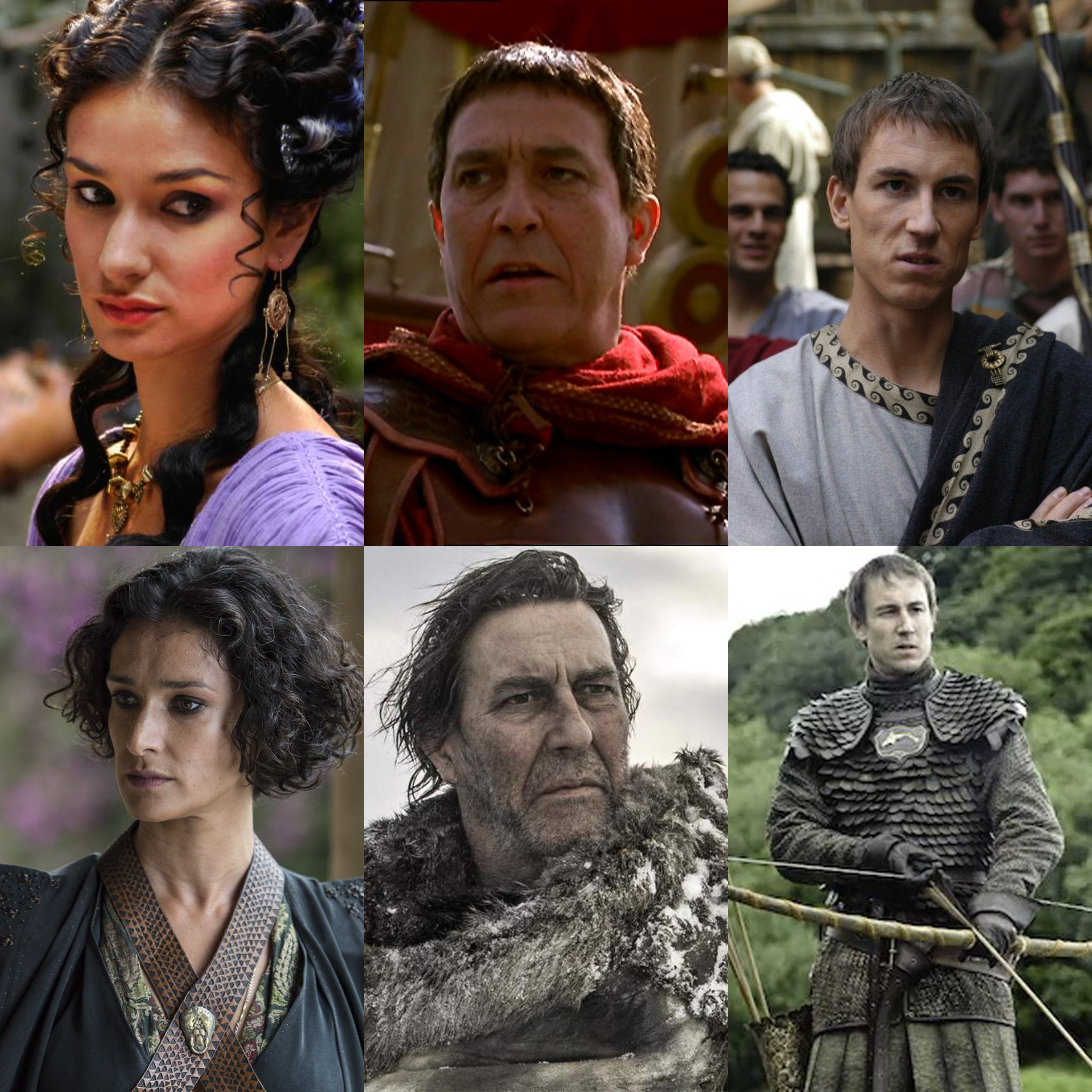
Either way, both series demonstrated how ambition and attention to detail can lead to TV that feels more cinematic in nature. So the final season of Game of Thrones approaches with all the excitement in the world, let us pay respect to Rome. For if HBO didn’t have the experience bringing the streets of Rome to life, we probably never would have seen Westeros on screen!
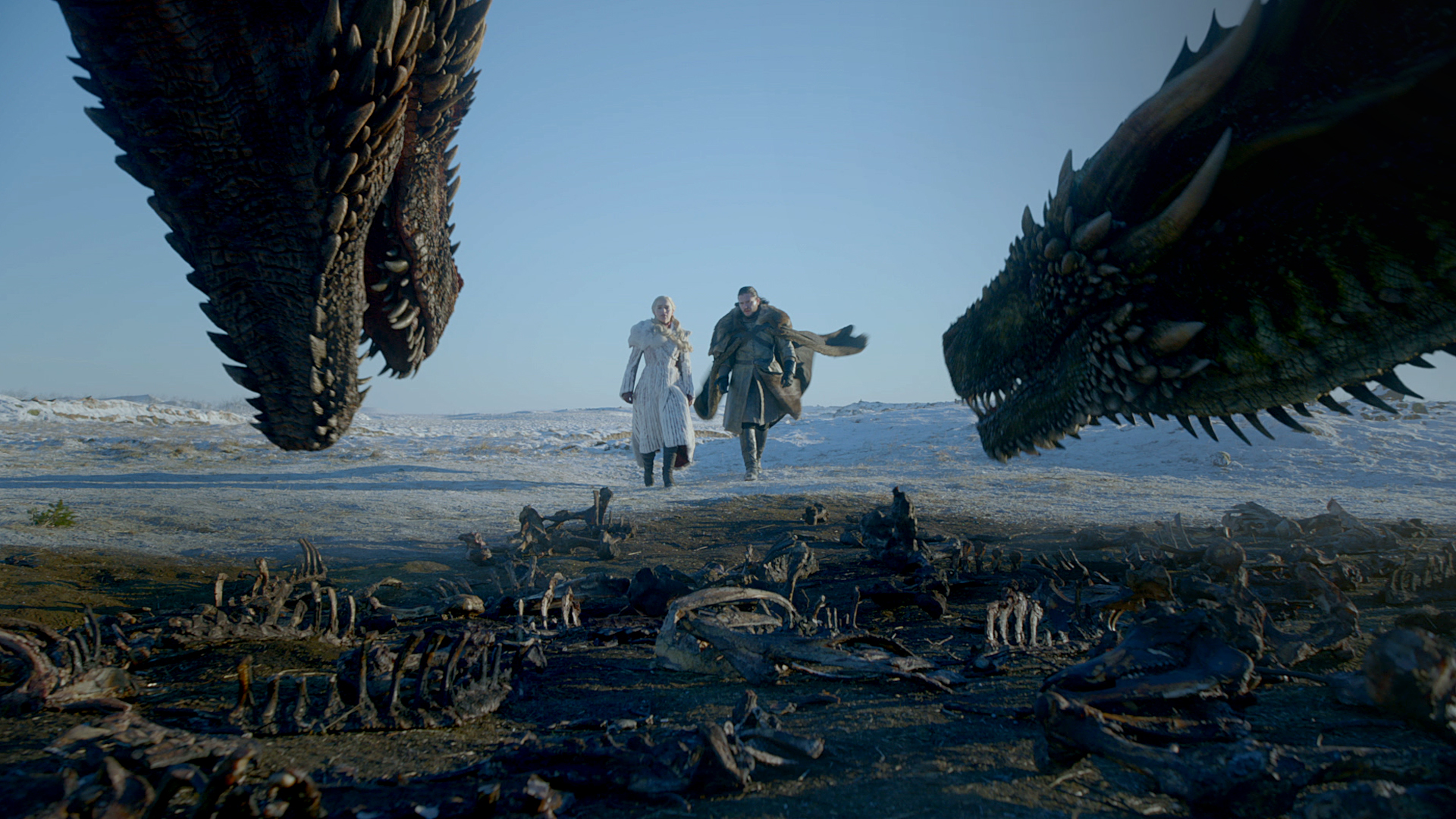
David Pierdomenico is a former History/English Teacher, and a current HR Professional. His dorky passion is an absolute love of film, especially horror and comic book. He is also the author of horror novels Kushtaka and Veritas.
Contact: Facebook / Twitter / Amazon Author Page


